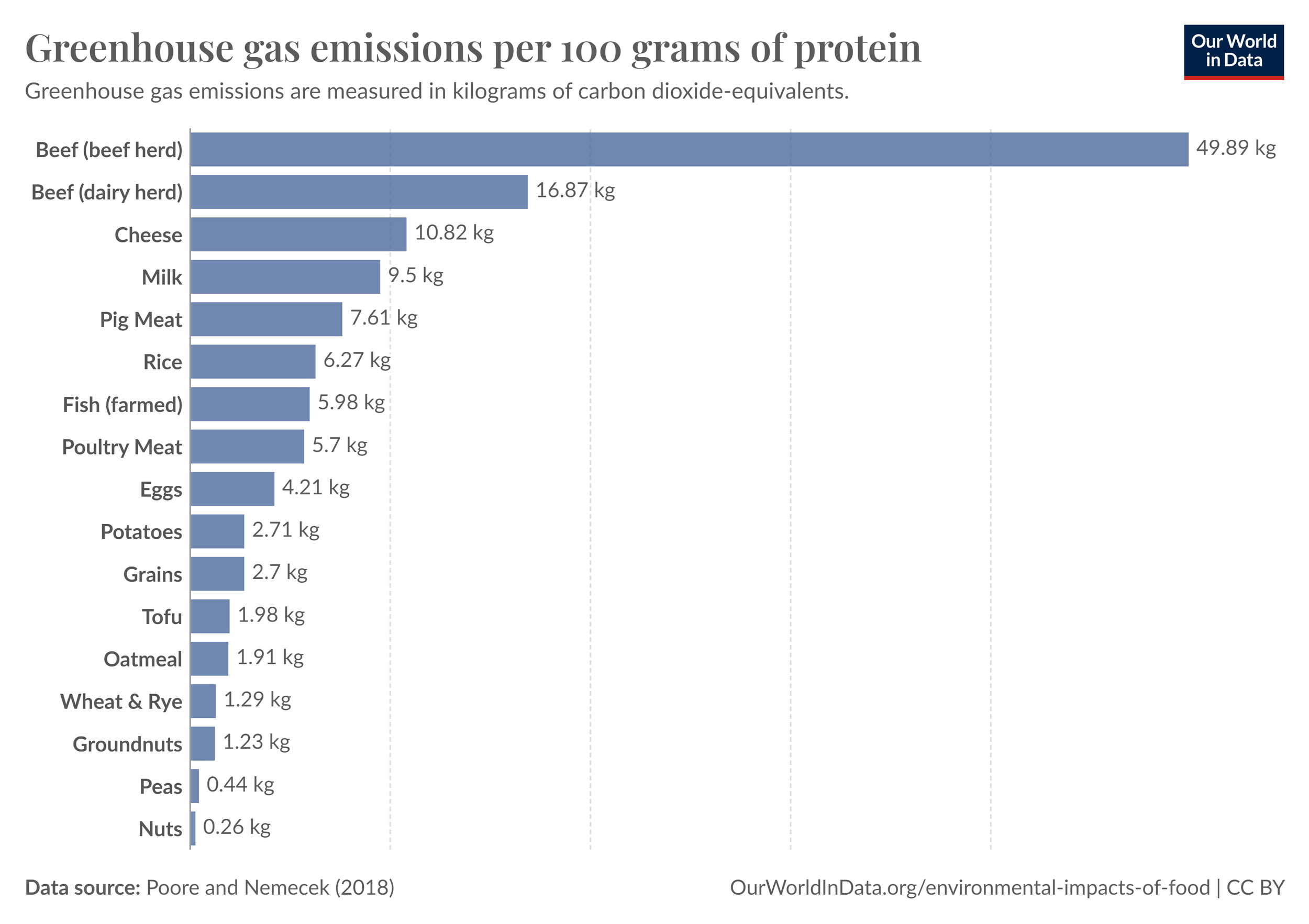What you eat matters…for climate change!
As a dietetic intern and future registered dietitian nutritionist, it is my goal to bring to light the importance of what we eat each day with regards to both human health and environmental health, including climate change.
It has now been unequivocally established that human influence has led to climate change, and it is our responsibility to do what we can to change our trajectory. The head of the United Nations recently called it “Code Red” for human driven global warming. This means we cannot afford to ignore major areas of opportunity because it’s difficult or unpopular.
Recent published and peer-reviewed scientific research has indicated that the global food system is responsible for somewhere between 20 to 34% of all carbon dioxide equivalent greenhouse gas emissions.
As such, a paper published in The Lancet in 2020, with over 100 scientist signatories, indicated that if changes to the food system were ignored, the 2030 climate goals would be unfeasible. Another paper published in the journal Science in 2020 found that even if all fossil fuel emissions were immediately stopped, the global food system itself would still prevent us from reaching our climate goals.
The evidence is now abundantly clear that we must make changes, and one of the best ways to change global food systems is to change consumer demand. Members of Congress have the ability to modify public policy and change the foods that are being ordered and served by public institutions. Foods that are at the top end of greenhouse gas emissions are not nutritionally required and are therefore not justifiable for purchase using public funds.
In fact, we have research to show that the foods that are the worst for greenhouse gas emissions are also typically bad for human health, making this a win-win opportunity.
In the best interest of the public, the environment, the climate, I recommend that all citizens contact Congress to ask that they work to enact change that removes or limits foods such as beef and dairy that are nutritionally optional, and environmentally harmful, from our public institutions. By simply removing beef and dairy from the menu, emissions can be reduced by an estimated 70%.
We stand now at a point in time where we must take quick and decisive action to ensure a future for ourselves, our children, and their children, where the planet is healthy, and we live sustainably. You can help by not only contacting your elected officials, but also by sharing this information with friends and family.
- Jeff Howard, MBA, MS - @theclimatenutritionist on Instagram


